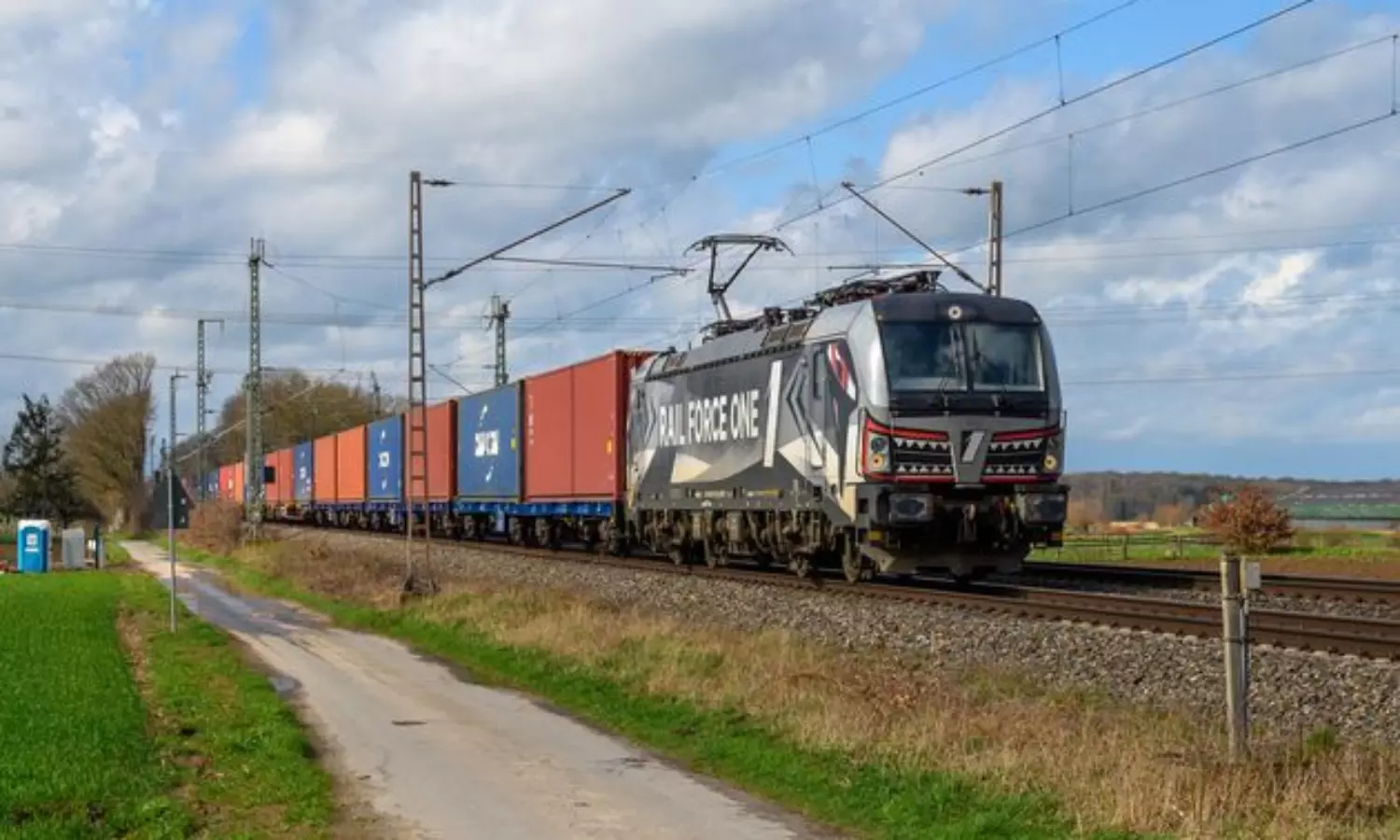Modal 3 launches direct rail services to Magdeburg
Currently, Modal 3 runs twice a week, back and forth between Rotterdam and Magdeburg in central Germany

Having started in June, German logistics service provider Modal 3 will run twice a week back and forth between Rotterdam and Magdeburg in central Germany. It is the first time the German logistics service provider has launched a direct train shuttle to Rotterdam, cited an official release from the Port of Rotterdam.
“There was increasing demand from our clients for this service,” explains Mats Lüer, Managing Director of Modal 3 Logistik. “What also plays a role is that there are no direct rail services between Rotterdam and this part of Germany yet. Partly thanks to the short transit, within 24 hours, we notice that there is already high demand from the fast-moving consumer goods industry, but also from automotive and tech. This is also due to the fact that there are good connections to Berlin and Leipzig as well as other cities.”
First and last mile
The container shuttle leaves Rotterdam on Sundays and Wednesdays and arrives in Magdeburg on Mondays and Thursdays respectively. In Rotterdam, it can serve all container terminals on Maasvlakte. First and last-mile transport in both Magdeburg and Rotterdam are also offered, thanks in part to Modal 3’s own trucking service in Germany.
The rail operator is Raillogix, which uses the in-house rail freight carrier Rail Force One and the wagons of Railrelease. In turn, all these companies are part of Rail Innovators Group, a partner in the project.
Much more sustainable
“We expect the timetable to be expanded to three round trips per week in the coming months,” Lüer adds. “Many clients appreciate the speed and reliability of rail transport, and the fact that rail transport is much more sustainable than road transport over these long distances also plays an increasingly important role.”
Analysis by Routescanner shows that on this route every train of 96 TEU that drives back and forth once a week saves more than 3 million kilos of CO2 emissions annually compared to transport by truck.
Traffic jams and accidents
“We are delighted with this new rail service from Rotterdam,” says Hans Nagtegaal, Director, Containers at the Port of Rotterdam Authority. “It provides more than just a new rail service to a German region. It also means fewer trucks on the Dutch and German motorways and thus less risk of traffic jams and accidents,” he said.


